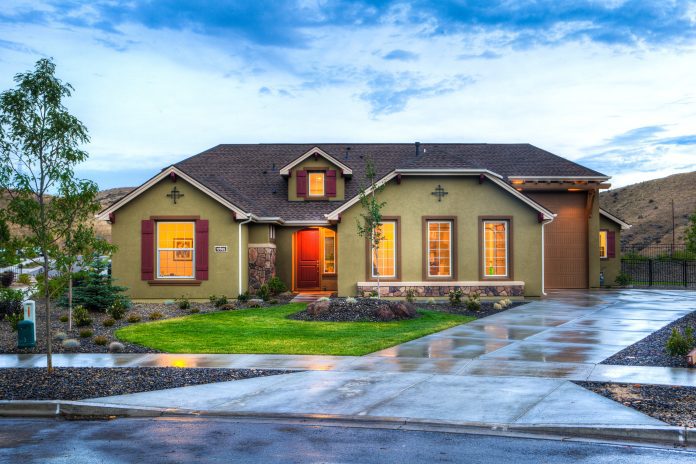Wondering how much a good down payment cost? Ideally, you should put down at least 20% of the home’s value to avoid private mortgage insurance (PMI). PMI is the commission you pay to protect your lender (not you) if you stop making mortgage payments. For a $200,000 home, the 20% down payment is $40,000 ($200,000 x 20%). For first-time homebuyers, smaller down payments, like 5-10%, are also accepted. Whatever you do, never buy a house with a monthly payment greater than 25% of what you pay monthly to get a home with a 15-year fixed-rate mortgage (which has the lowest total cost).
Use our mortgage calculator to see what your monthly payment might be by adjusting for home price, down payment, interest rate, and more. So you can find the combinations that best suit your budget.
To learn more about how your down payment will affect your mortgage, talk to a home loan professional you can trust. Our friends at Churchill Mortgage have earned the right to be called the Trusted Ramsey because they have the heart of a teacher. They really care about helping you stay on top of your budget and giving you a mortgage that you can pay off quickly.
Find A Hard-Working Real Estate Agent
So what if you finish saving up your down payment but can’t find a home that fits your budget? This is when you want to work with an experienced real estate agent. Ramsey Trusted agents in our Endorsed Local Supplier (ELP) program take the time to understand your essentials list and financial situation. They are horses that will hunt high and low to find the right home for you.
Frequently Asked Questions
How Do I Budget For A House?
The first step in budgeting a home is determining how much you need to pay upfront. Ideally, you’ll want to save at least 20% upfront. For first-time homebuyers, a smaller down payment, like 5-10%, is also acceptable, but then you’ll have to pay the PMI. Whatever you do, never buy a house with a monthly payment greater than 25% of what you pay monthly to take home with a 15-year fixed-rate mortgage (low total cost). Best). And avoid expensive loans like the FHA, VA, and USDA.
Once you’ve set your savings goal, here are some tips on how to save for a home:
Pay off your debts, tighten up your spending, (temporarily) suspend retirement savings, start a side job, and sell things you don’t need.
Where Should I Store My Deposit?
You can put your prepayment into a simple money market savings account. You won’t make much interest, but you won’t lose any money either. Memorize:
Saving a down payment will only take a year or two. So you want to keep your savings somewhere easy to get to.
When Should I Start Saving For A Home?
As soon as you think you’re ready to buy a home, start saving for one! For reference:
You’re only ready if you’re debt-free and have a 3-6 month emergency fund for living expenses. It can take a lot of savings over a period of time – we’re talking a year or two just to save up for a down payment – so you’ll want to get started right away.
How Can I Save Up For A House Quickly?
If you want to save quickly to buy a home, you need to be debt-free and have an emergency fund of 3-6 months of savings. With your income released from debt payments and an emergency fund to protect you from unforeseen life events, you can save up to buy a home much faster.
I Can’t Afford A House—What Should I Do?
Trying to buy a home when home prices continue to rise can be frustrating. Debt is a key factor preventing people from saving to buy a home. Debt is stupid! So focus on clearing all your debts and never look back. Then, save an emergency fund for 3-6 months of living expenses to protect yourself against unexpected life surprises. Then you’ll be ready to save up to buy a house.
To buy a home you can afford, never buy a home with a monthly payment greater than 25% of what you pay monthly on a typical 15-year fixed-rate loan (avoid FHA and VA loans). Ideally, you want to save at least 20% of your down payment. For first-time homebuyers, a 5-10% down payment is also acceptable, as long as the additional PMI fee doesn’t increase your monthly payment beyond the 25% rule. When you set a goal upfront, it takes time to save. Treat yourself to a year or two of strong savings. Try these smart savings ways to pay upfront.
Once you’ve saved up a big down payment, work with an experienced real estate agent who knows your area.























